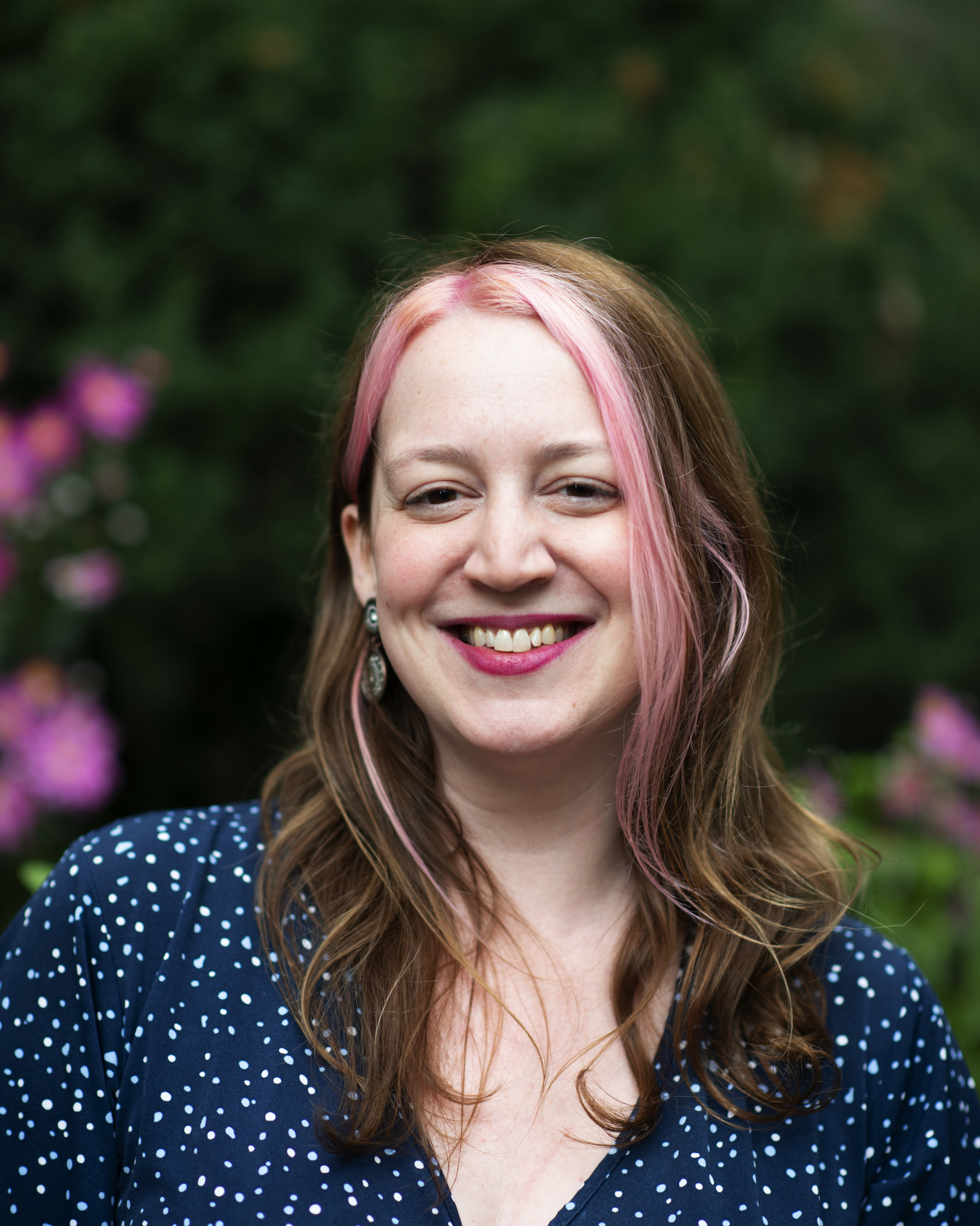Faculty and Visiting Faculty
Alison fairbrother

Lecturer, Creative Writing
Alison Fairbrother is the author of the novel The Catch, a New York Times Editors’ Choice and a People magazine “Best New Book.” She was an associate editor at Riverhead Books before coming
to Stony Brook, where she worked with New York Times bestselling and award winning authors. A graduate of Stony Brook’s MFA program, she
was a BookEnds fellow during the program’s inaugural year.
FACULTY INTERVIEW:
What genre(s) do you write in?
Fiction.
What is the thing that excites you about the act of writing?
As a reader, I love stepping off a page and into a mind that's not my own. Seeing someone else's vision of the world, their thoughts and feelings. That's always felt like magic to me. There's really no other art form that allows you to be in someone else's mind. As a writer, I get to seek that magic inside of myself. Suddenly there are people in the story and they're making jokes and yearning and loving and acting out. I love getting to deepen my understanding of what I am creating as I'm creating it.
Do you feel like your work is in conversation with other writers or work? If so,
who/what?
I feel like humor is particularly underused in literary fiction. The writers I love who do it really well, the ones I admire for making me both laugh and cry, are people like Lorrie Moore, Danielle Evans, Miriam Toews, and Paul Beatty. Humor and depth live in the same breath, and when I see that on the page I get really excited. That's what I aspire to do as a writer and what I strive to be in conversation with.
What literary magazine would you recommend to your students?
One thing I've recommended a lot in recent years is to subscribe to the substacks of writers that you admire. There are so many writers offering free or low-cost content, in which they speak directly to their readership about their process, literary culture, and their inspirations or challenges related to writing. One Substack in particular that I really recommend is Emma Copley-Eisenberg's “Frump Feelings.”
What is your writing process?
I have always been a writer with a full-time job, so I don't ever have many uninterrupted hours of writing time during the week. I think because of that, the writing process for me can look like a lot of different things. It can look like jotting things into my phone when I'm on the subway, or listening to audiobooks during my commute and thinking about structure, or talking to my friends about my ideas, or meeting weekly with my writing group even when I don't have work to share. All of that feels as necessary as sitting at my computer generating words. Very little of my writing process is writing.
How do you generate ideas?
I keep my mind open when I'm out in the world. I look for interesting people and situations and sensory details. I'm sort of always on the lookout, like a homing pigeon. Intergenerational friendships, family dynamics and labor, work and power, and how these things intersect with our identities and family lives really interests me. From there, I usually have questions and situations that I'm trying to work through as I move through the world. I let the world act on me and on my writing as I go about my daily life.
How do you manage when you get stuck?
This is a tip I got from my former professor and my now colleague, Meg Wolitzer. She says that readers want to read writing that feels alive and electric on the page, like the writer was having so much fun when they were writing it. It has always served me well, when I feel stuck, to return to something that feels like play.
Inspiration or perspiration?
Both!
If you weren't a writer, what job would you have?
Up until recently, I worked as an associate editor at Riverhead Books. Being engaged in a long conversation with an author about their work is a great opportunity. It was a great privilege to bear witness to and help shape novels as they were being created. I loved that work, and it served my creative life. If it had to be entirely unrelated to writing, I would be a therapist. I just want to be in other people's minds.
Do you have a writing tip for emerging writers?
Read outside the genre or the form that you're writing in. As a literary novelist, I take inspiration from genre fiction. Essayists can learn from poets. Playwrights can learn from fiction writers. Writers should try their hands at many different styles. That is one thing that makes the Stony Brook program unique, the ability to take classes in different genres. It cultivates a sense of play and exploration that feels very necessary and nourishing.
